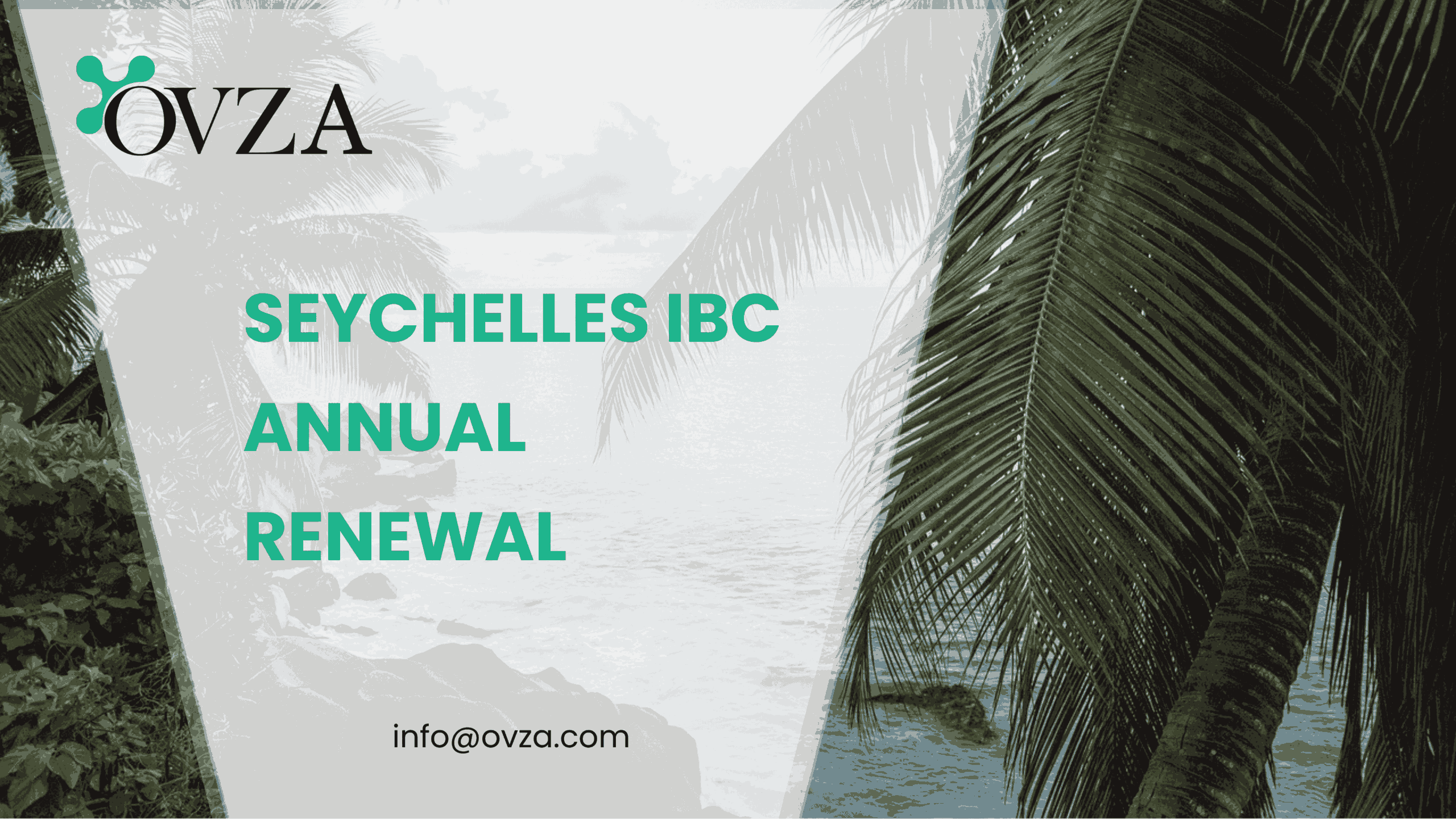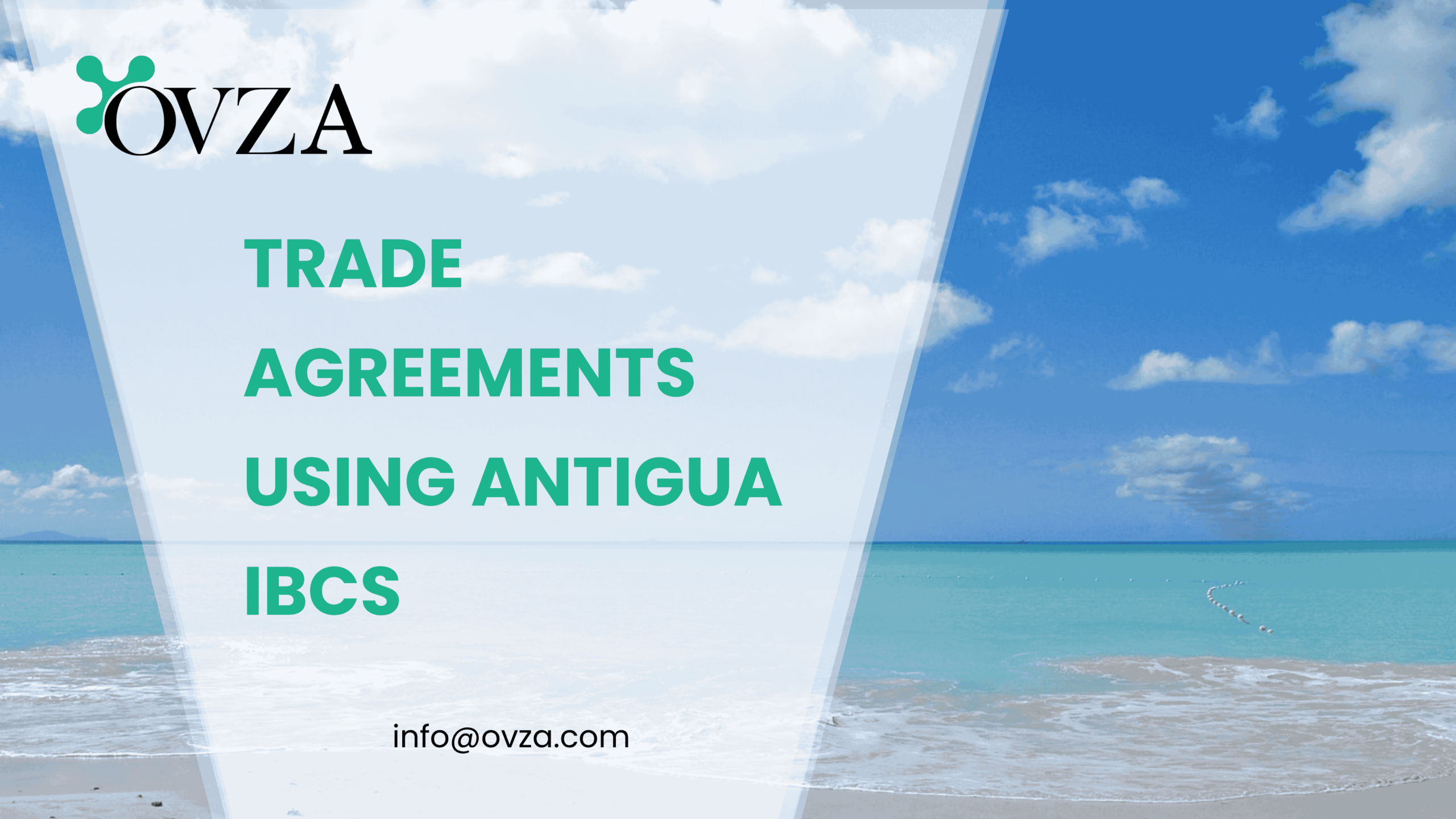The British Virgin Islands (BVI) long symbolized offshore privacy, but new disclosure laws spark controversy over confidentiality. Investors and practitioners alike placed the BVI at the center of cross-border structuring because its laws provided certainty while shielding ownership information from public scrutiny. In many academic and legal discussions, the BVI became a symbol of the balance between offshore innovation and private wealth management.
Yet, in 2025, this balance has shifted. The enactment of the BVI Business Companies and Limited Partnership (Amendment) Regulations, 2025 introduced a fundamental change: beneficial ownership data will now be available to third parties demonstrating “legitimate interest.”
Beginning April 2026, the shield of privacy once synonymous with the BVI will be pierced, raising pressing questions about the jurisdiction’s future role among the best offshore countries.
Historical Background
The BVI’s modern offshore sector emerged with the BVI International Business Companies Act of 1984, later replaced by the BVI Business Companies Act 2020. These statutes established the BVI Business Company as one of the most flexible and widely used corporate forms in the world.
Key to its success was a policy of confidentiality: while corporate details were filed with the Registry, beneficial ownership information was protected, with limited access only for competent authorities under the Beneficial Ownership Secure Search System (BOSS) launched in 2017.
This privacy framework became a cornerstone of the BVI’s reputation. Academic literature often identified the BVI as the archetype of an offshore jurisdiction where privacy, predictability, and neutrality intersected. That reputation drew entrepreneurs, investment funds, and high-net-worth individuals alike, who saw in the BVI a reliable home for their international business structures.
The 2025 Regulations, however, mark a decisive break from this tradition. By transferring beneficial ownership information to the Registrar of Corporate Affairs and creating a disclosure mechanism available to private requestors, the BVI has moved from an era of absolute confidentiality into one of conditional transparency.
The 2025 Amendments
The 2025 Regulations create a new filing and disclosure regime that fundamentally alters the legal landscape. For the first time, beneficial ownership (BO) information will not only be collected but also made disclosable to third parties under defined circumstances.
Centralized Filing of Beneficial Ownership
Under the amendments, all BVI companies and limited partnerships must maintain and file beneficial ownership data with the Registrar of Corporate Affairs. This is a significant departure from the older BOSS system, which was a secure, non-public platform accessible only to certain government authorities. By shifting to a central filing regime, the Registrar becomes the gatekeeper of information that was previously insulated from private claims.
The “Legitimate Interest” Standard
From 1 April 2026, any person may apply to the Registrar for disclosure of beneficial ownership information, provided they can demonstrate a “legitimate interest.” This standard is deliberately broad and includes:
- Parties involved in litigation or arbitration.
- Creditors or claimants with enforceable rights.
- Individuals conducting due diligence with a recognized legal basis.
While the Registrar retains discretion in approving or rejecting requests, the very existence of a mechanism allowing third parties access to BO data signals a dramatic erosion of the BVI’s privacy tradition.
The End of Absolute Confidentiality
The moment beneficial ownership data can be disclosed to private applicants, even under the guise of “legitimate interest,” the principle of absolute confidentiality is lost. This is not a theoretical change but a practical one. Creditors, counterparties in disputes, or investigative journalists may now have a legal pathway to obtain data once protected.
The BVI government argues that this system balances transparency with safeguards, since the Registrar retains discretion. However, in legal practice, once a disclosure gateway exists, it becomes a precedent. Over time, the threshold for “legitimate interest” may be interpreted broadly, further reducing investor privacy.
Academic and Legal Criticism
In legal scholarship, the introduction of “legitimate interest” access is being interpreted as the collapse of offshore confidentiality.
Historically, beneficial ownership information in the BVI was shielded from disclosure except in cases of official investigation under strict due process. The new regime, however, lowers the threshold by enabling private actors, not just regulators, to obtain BO data.
This change effectively dismantles the distinction between the BVI and onshore jurisdictions that have already embraced beneficial ownership registries. The once-held argument that the BVI provided a firewall of confidentiality no longer holds.
Offshore Jurisdictions That Still Champion Privacy
Even as the BVI shifts toward greater transparency with its beneficial ownership disclosure laws, several other jurisdictions continue to uphold the principle of offshore confidentiality. Investors seeking alternatives to the BVI often look to Antigua and Barbuda, Nevis, and Costa Rica, where legal frameworks still emphasize discretion while balancing international compliance obligations.
Antigua and Barbuda, through its long-standing International Business Corporations Act of 1982, maintains corporate privacy by keeping shareholder and director registers outside public view, allowing investors to structure businesses without immediate exposure. Nevis, part of the Federation of St. Kitts and Nevis, is renowned for its Nevis Company Ordinance, which not only protects beneficial ownership data but also provides strong asset protection against creditor claims.
Meanwhile, Costa Rica, though operating under a civil law system, applies a territorial tax regime and does not impose public disclosure of foreign ownership, making it a more neutral but still private jurisdiction for international investors.
Together, these jurisdictions highlight that while the BVI may be retreating from its traditional stance on confidentiality, offshore privacy remains alive elsewhere, offering investors credible alternatives in both the Caribbean and Latin America.
Conclusion
The 2025 amendments to BVI company law represent a turning point for the jurisdiction’s offshore industry. By introducing a mechanism for third parties to access beneficial ownership information, the BVI has effectively abandoned the tradition of strict confidentiality that once defined it. While the new rules are framed around “legitimate interest,” the reality is clear: privacy in the BVI is no longer absolute.
For investors and practitioners, this shift forces a reassessment of where to structure offshore entities. Jurisdictions such as Antigua and Barbuda, Nevis, and Costa Rica continue to champion corporate privacy, offering alternatives to those who still view confidentiality as a central requirement.
From an academic and legal perspective, the BVI’s reforms illustrate how global transparency initiatives are reshaping offshore law. Yet they also highlight a divergence: while some territories comply by eroding privacy, others maintain a commitment to discretion within compliant frameworks. For those seeking security and confidentiality, it may be time to look beyond the BVI and toward jurisdictions that remain aligned with the original principles of the offshore model.
Disclaimer: The information provided on this website is intended for general reference and educational purposes only. While OVZA makes every effort to ensure accuracy and timeliness, the content should not be considered legal, financial, or tax advice.











